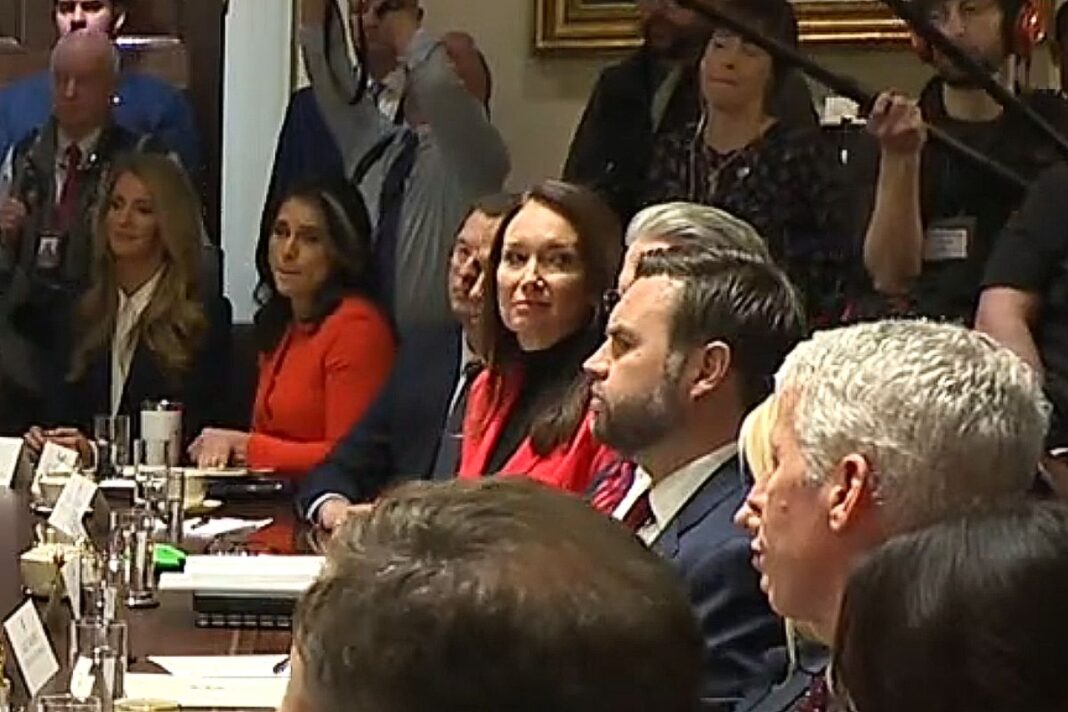The speaker answered a question about whether taxes could be raised to 40 percent for some wealthier Americans.
House Speaker Mike Johnson (R-La.) said that he likely will not support a measure to hike taxes on wealthy Americans, saying he and his party prefer tax reduction across the board.
Johnson was asked Sunday by Fox News host Maria Bartiromo about reports that Republicans may increase taxes on the wealthiest 40 percent to pay for certain initiatives backed by President Donald Trump, including his promise not to tax tips or Social Security payments.
“I’m not a big fan of doing that,” Johnson responded in the interview. “We’re the Republican Party and we’re for tax reduction for everyone. So, I mean, that’s a general principle that we always try to abide by. There’s lots of discussion. There’s lots of ideas on the Hill.”
He added in the Sunday morning interview that “I would say just stay tuned.”
“The next five to six weeks are going to be critical as all these negotiations happen in the committees of jurisdiction. You‘ll hear lots of rumors and lots of talk, but we’ll see where it all lands.”
Johnson added that he wanted to pass the measure by Memorial Day, which is May 26, because of the U.S. government’s debt obligations.
Meanwhile, several top Republicans in Congress appeared to pour cold water on raising taxes for the wealthy.
“That has been proposed by some … I don’t know how that’s going to land,” Senate Majority Leader John Thune (R-S.D.) told the National Review.
During the 2024 campaign trail, Trump proposed no taxes on tips or on Social Security payments, while pledging to make permanent and expand his 2017 Tax Cuts and Jobs Act.
During his joint address to Congress in March, the president said he is still planning to lower taxes for all Americans.
“We’re seeking permanent income tax cuts all across the board,” he said at one point, adding that he wants to cut taxes for the “middle-class, upper-class, lower-class, [and] business-class.”
The remarks come days after House Republicans on April 10 approved a Senate-amended budget framework, 216–214, setting up tax reform via the reconciliation process.








